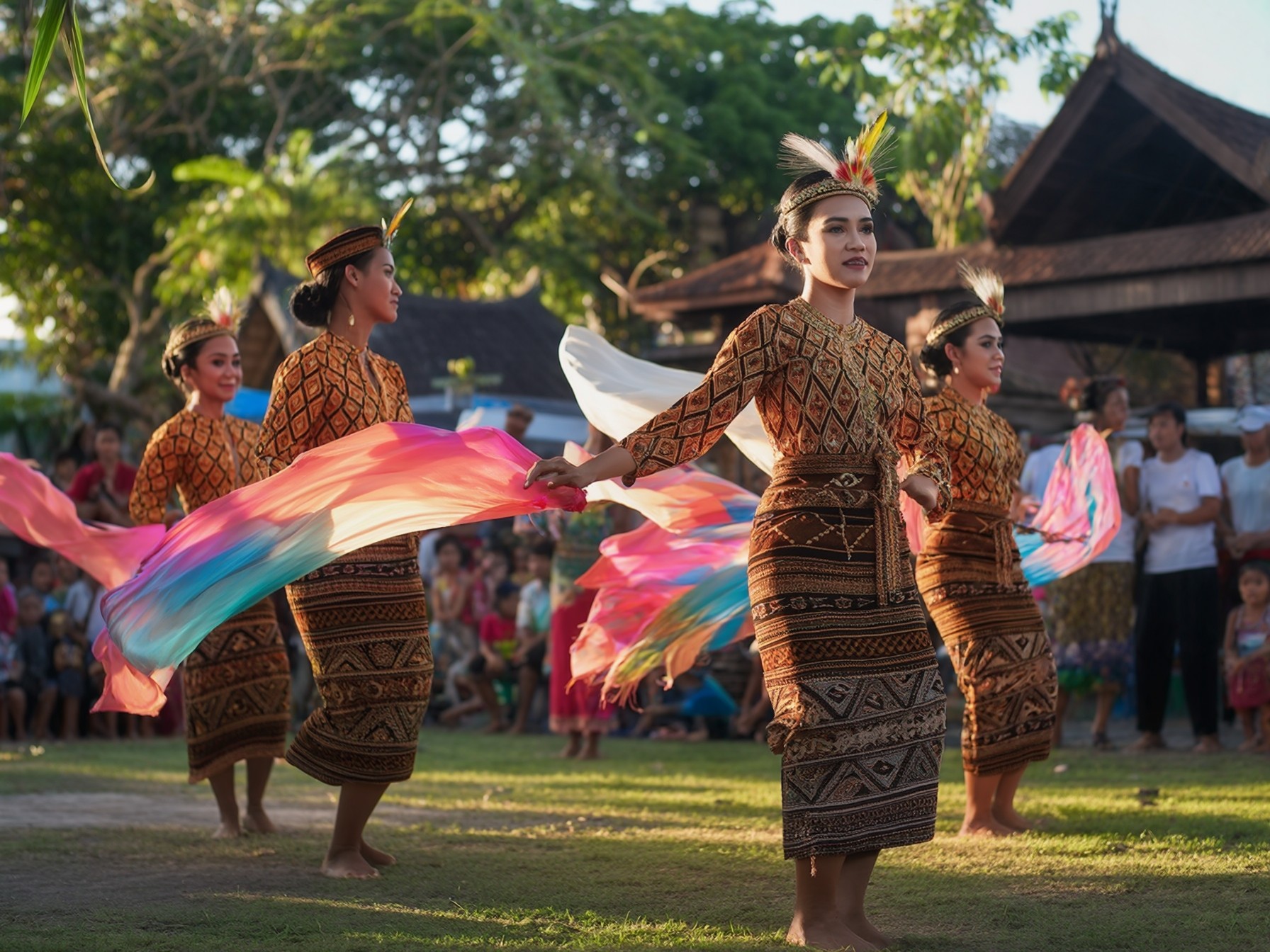Table of Contents

The noble jili is an integral part of the cultural fabric of Bacolod-Kalawi in the Philippines. This tradition, rich in history and local significance, has been passed down through generations, maintaining its relevance even in contemporary society. In this comprehensive article, we delve into the origins, significance, and current practices surrounding the noble jili, highlighting its enduring appeal and cultural importance.
The Origin of Noble Jili
The term “noble jili” refers to a traditional practice deeply rooted in the customs of Bacolod-Kalawi. This ritual, believed to date back centuries, is a celebration of community and heritage. The noble jili initially served as a means for locals to honor their ancestors and deities, ensuring a connection between the past and present.
Historical Significance
- Ancestral Worship: The noble jili often involves ceremonies that pay homage to ancestors, seeking their blessings for prosperity and protection.
- Cultural Transmission: Through storytelling, dance, and other forms of expression, the noble jili has become a vital tool for preserving the history and traditions of Bacolod-Kalawi.
- Spiritual Beliefs: The noble jili embodies the spiritual beliefs of the community, fostering a sense of shared values and collective identity.
The Role of Noble Jili in Modern Society
While the noble jili’s origins are steeped in tradition, its role has evolved over time. Today, the practice continues to thrive, adapting to contemporary contexts while retaining its core elements.
Community Events
- Festivals: Noble jili ceremonies are often a highlight of local festivals, drawing crowds from near and far.
- Educational Programs: Schools and cultural organizations in Bacolod-Kalawi incorporate noble jili into their curriculums, teaching younger generations about its significance.
- Tourism: The noble jili has also become an attraction for tourists seeking to experience authentic cultural practices.
Preserving the Noble Jili free 100 Tradition
Efforts to preserve the noble jili are ongoing, with various stakeholders working to ensure its longevity. These initiatives include:
- Cultural Preservation Programs: Local governments and NGOs support programs aimed at documenting and promoting the noble jili.
- Workshops and Seminars: Educational sessions aimed at both locals and visitors help spread awareness about the importance of the noble jili.
- Digital Archives: The creation of digital archives allows for the storage and dissemination of information related to the noble jili, making it accessible to a broader audience.
Frequently Asked Questions about Noble Jili
- What is the noble jili?
The noble jili is a traditional practice in Bacolod-Kalawi, Philippines, involving ceremonies that celebrate cultural heritage and honor ancestors.
Where did the noble jili originate?
The noble jili originated in Bacolod-Kalawi, with its roots tracing back centuries to early local customs and spiritual beliefs.
How is the noble jili practiced today?
Today, the noble jili is practiced through community events, educational programs, and as part of local festivals, maintaining its cultural relevance.
Why is the noble jili important?
The noble jili is important for preserving the cultural heritage, fostering community spirit, and maintaining a connection to ancestral traditions.
Can tourists participate in noble jili events?
Yes, tourists are often welcome to observe and sometimes participate in noble jili events, offering a unique cultural experience.
How can I learn more about noble jili?
You can visit websites like Jilihub for in-depth information and resources on noble jili.
What are some common elements of a noble jili ceremony?
Common elements include storytelling, dance, music, and offerings to ancestors and deities.
Are there specific dates for noble jili celebrations?
Noble jili celebrations often align with local festivals and important cultural dates in Bacolod-Kalawi.
How does the noble jili contribute to the community?
The noble jili fosters community cohesion, preserves cultural history, and supports local identity.
What efforts are being made to preserve the noble jili tradition?
- Efforts include cultural preservation programs, workshops, digital archives, and educational initiatives.
Conclusion
The noble jili tradition in Bacolod-Kalawi is a testament to the enduring cultural heritage of the Philippines. Its rich history, continued relevance, and the efforts to preserve this practice highlight its significance in the community. By understanding and appreciating the noble jili, we can ensure that this valuable tradition remains vibrant for future generations. For more information, visit Jilihub.

Leave a Reply